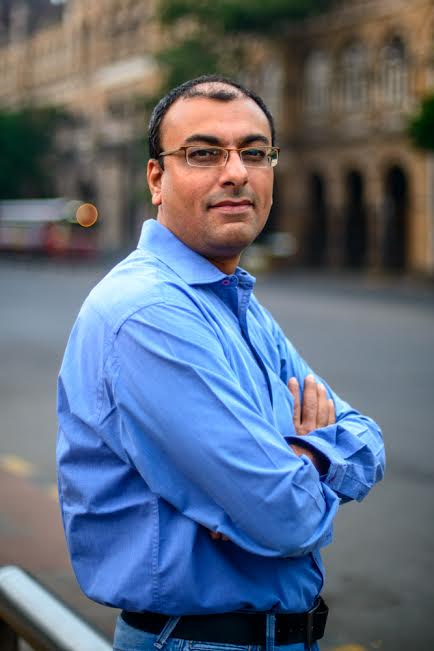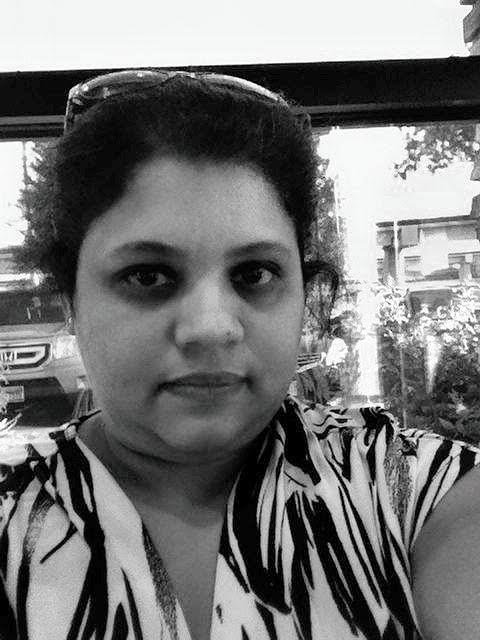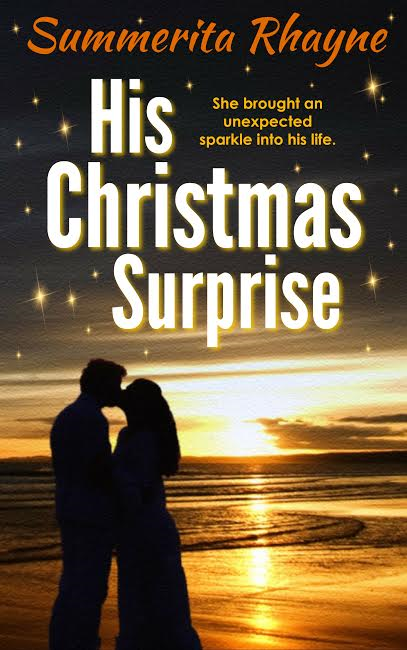 |
Author Shatrujeet Nath |
Meet the multi-faceted author who writes across genres and has successfully conquered it's challenges. Be it contemporary thriller or mytho-fiction, Shatrujeet Nath has proved that he is an ace at storytelling.
Mythology lends itself seamlessly to fantasy, which explains why mytho-fiction is huge here in India. Add to this the fact that most Indian readers are already familiar with some of the myths, legends and characters being touched upon by contemporary mytho-fiction, and you have a recipe for success.
Sanchita: From the debut thriller to mytho-fiction series, an interesting journey covering genres. Tell us about how the journey started and brought you here.
Shatrujeet: If we had to put a date to this, it would be 2009. I had been a journalist for over a decade, and I was tiring of the job. I was learning nothing new, and going to work was becoming less and less attractive with every passing day. I realized that what I wanted to do was write fiction, so one day – after a lot of deliberation with my wife, whose support was invaluable – I finally quit my job as assistant editor at The Economic Times. I joined a television production house as a creative consultant, but after a while I realized that I wanted to create something of my own. I had this idea for an Indo-Pak spy thriller, so I began working on it with the intention of making a film script out of the idea. However, I knew nothing about the grammar for cinema, so after finishing 40 pages, I saw that what I was writing was a novel. I continued writing it that way, and the manuscript eventually became my debut novel, 'The Karachi Deception'. Why did I begin with a spy thriller? Simply because it was an idea that had been brewing in my mind since the early 2000s, and it had incubated long enough for me to do something meaningful and coherent with it.
After the book rights to 'The Karachi Deception' had been sold, my publisher asked me what I had next in store. I told him I had nothing. He sat me down and said that if I was serious about being a writer, I should come out with a book once every 18-24 months – that was the only way I could stay current, and on top of readers’ minds. That made sense, so I started looking for ideas for my next book. I had an idea about how a bit of the Halahala (the poison that is churned out during the samudramanthan, which Shiva later drinks to save the universe from annihilation) is still left, and how, in the hands of the bad guys, it can tip the world into chaos. I was thinking of doing this as a Dan Brown kind of thriller, but honestly, it wasn’t working for me. At the same time, I was toying with the idea of doing something with the legendary king Vikramaditya and his navratnas. Something about superheroes, like an Indian version of The Avengers. One day, it just occurred to me that I could club the Halahala idea with the Vikramaditya idea… and bang! I had the entire broad story for the Vikramaditya Veergatha series before me. As in the case of my first book, the idea excited me, so I dove right in. I don’t start with a specific genre in mind. If the idea is good and robust, I will pursue it, no matter what its genre is.
Sanchita: I am sure writing both the genres you have to plot and think and layer your characters equally well, but if you were to rate one above the other which would you chose as the tougher genre to write on?
Shatrujeet: Every genre presents its own unique challenges. While writing 'The Karachi Deception', I was clear that while reading the book, the reader should get a sense that this is a real story, something that really happened. So the accent was high on research, and being as factually correct as possible. That is one of the challenges of writing a contemporary thriller. Today, readers are well-read and well-travelled, while information on places, cultures, technologies et cetera are available at your fingertips. So you cannot bullshit your reader. You have to be thorough with your research to earn your reader’s respect. Then there is pace, of course. A thriller inherently demands pace, and often that comes at the cost of other aspects of storytelling. How do you not lose out on character arcs and character growth while writing a thriller – that is a challenge.
In an epic fantasy, the challenge is to build a fantastic and immersive world that readers can lose themselves in. Also, there is so much that has been done in fantasy that finding new stuff to surprise your reader with can be daunting. Every genre has its own challenges, the biggest of them perhaps being which genre conventions to follow and which ones to reject. Deciding which genre clichés will be accepted by readers and which ones will be rejected is quite a task.
Sanchita: Mythological fiction seems to be really the 'in thing' now, in Indian market. According to you, what is the most appealing factor about this genre?
Shatrujeet: Fantasy, as a genre, is big globally. And mythology lends itself seamlessly to fantasy, which explains why mytho-fiction is huge here in India. Add to this the fact that most Indian readers are already familiar with some of the myths, legends and characters being touched upon by contemporary mytho-fiction, and you have a recipe for success. This, however, is not to say that everything with the words mytho-fiction attached will strike gold – there are plenty of recent books in this genre that have failed to make an impression. What I am saying is, for a variety of reasons – whether it has to do with a desire to reconnect with Indian culture, or a reinforcement of pride in Indianness, or plain curiosity about our past – the Indian market is hungry for mytho-fiction. Packaged well, a work of mytho-fiction will find readers.
Sanchita: Your word of advice to upcoming authors, especially those who are working on their first manuscript.
Shatrujeet: Three things:
# The more you write, the more you unlock, the easier the thoughts and words flow. It’s as simple as that.
# Some days, the muse will not show up. Those days, specifically, the writer must show up.
# Choose the story you want to write wisely as it’s something that you will be stuck with for the next one-to- three years. The story should be something that sustains your interest and your passion over long periods of time.
Sanchita: Sneak peek into your next project
Shatrujeet: My next project is going to be Book 3 of the Vikramaditya Veergatha series. I have already started writing it, and if all goes according to plan, we can bring the book out by the end of this year. After that, I get into the fourth and final volume of the series. After that? I have another epic fantasy series based on Hindu mythology in mind. I am also excited at the prospect of writing a historical fiction on a little- known but fascinating character from our history. There’s a spy thriller idea that popped into my head a few days ago, and there’s a social satire too. Which one, which one…? I wish I knew.
Rapid fire round (The first thought that comes to your mind on hearing these words)
a. Folklore : Madhubani art
b. Tales : Jataka
c. Narration : Producers, actors and directors who won’t read scripts and insist on a narration instead
d. Deception : Karachi
e. Border : A turbaned Sunny Deol with a rocket launcher on his shoulders
About the Author
Door-to- door salesman, copywriter, business journalist and assistant editor at The Economic Times; Shatrujeet Nath was all this before he took to writing fiction full-time. He debuted with the Indo-Pak spy thriller The Karachi Deception in 2013, followed by The Guardians of the Halahala and The Conspiracy at Meru, the first two books in the Vikramaditya Veergatha series. At present, he is writing volume three of the series, and is also scripting an ambitious Bollywood movie project for a large, Mumbai-based production house. Shatrujeet lives in Mumbai, but spends much of his time in the fantasy worlds of his stories. He can also be found at facebook.com/Shatrujeet Nath and @shatrujeet











